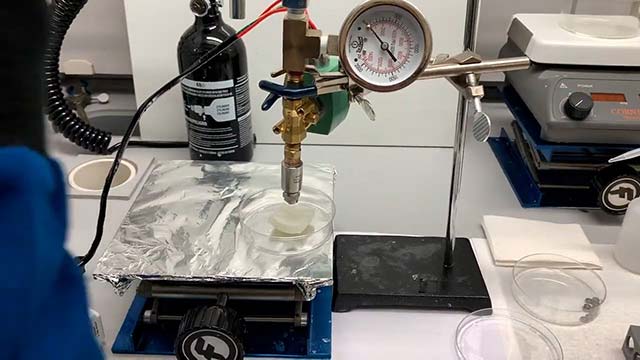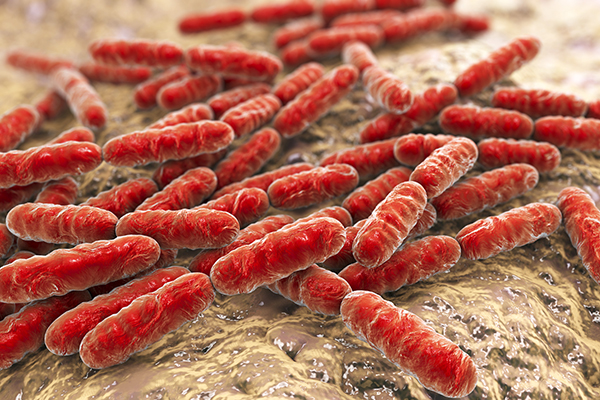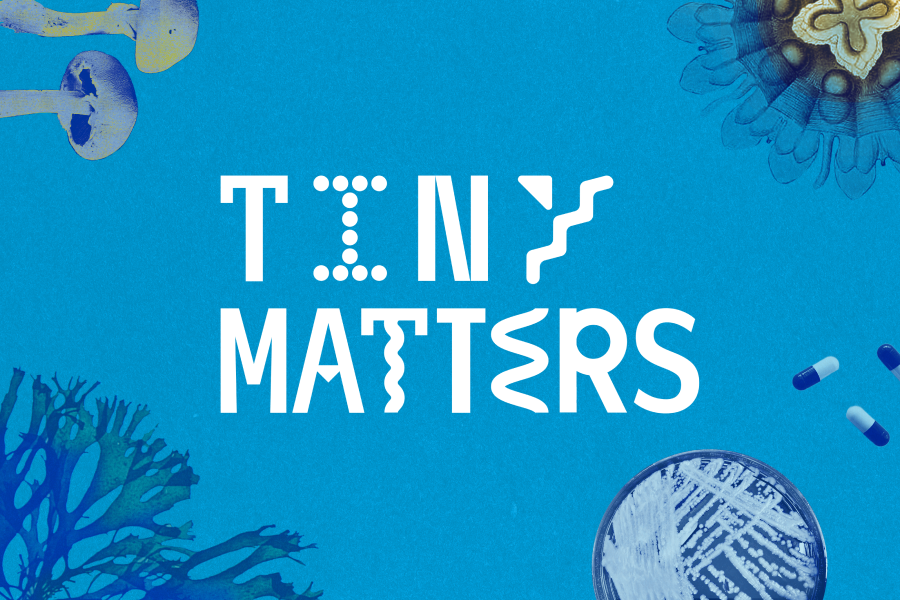Along with physiology and psychology, chemistry plays an important role in addiction beyond the obvious “cooking” made popular in the TV series Breaking Bad. Small molecular species, neurotransmitters, are the chemical messengers of neuronal synaptic transmission. These natural processes can be diverted or disrupted by exogenous agents such as ethanol, nicotine, cocaine, methamphetamine, or heroin leading initially to a pleasurable feeling but ultimately to a dependency. This presentation will review basic steps of neuronal action but focus on the chemistry that leads to neuronal modification and addiction.
What You Will Learn
- The differences between the psychological, physiological, and chemical contributions to addiction
- The connection between rate of “assault” or action and neuronal modification
- The roles that hydrophobicity and conformational flexibility play in rate of “assault” and hence addiction
The Fine Print
ACS Webinars® does not endorse any products or services. The views expressed in this presentation are those of the presenters and do not necessarily reflect the views or policies of the American Chemical Society.











